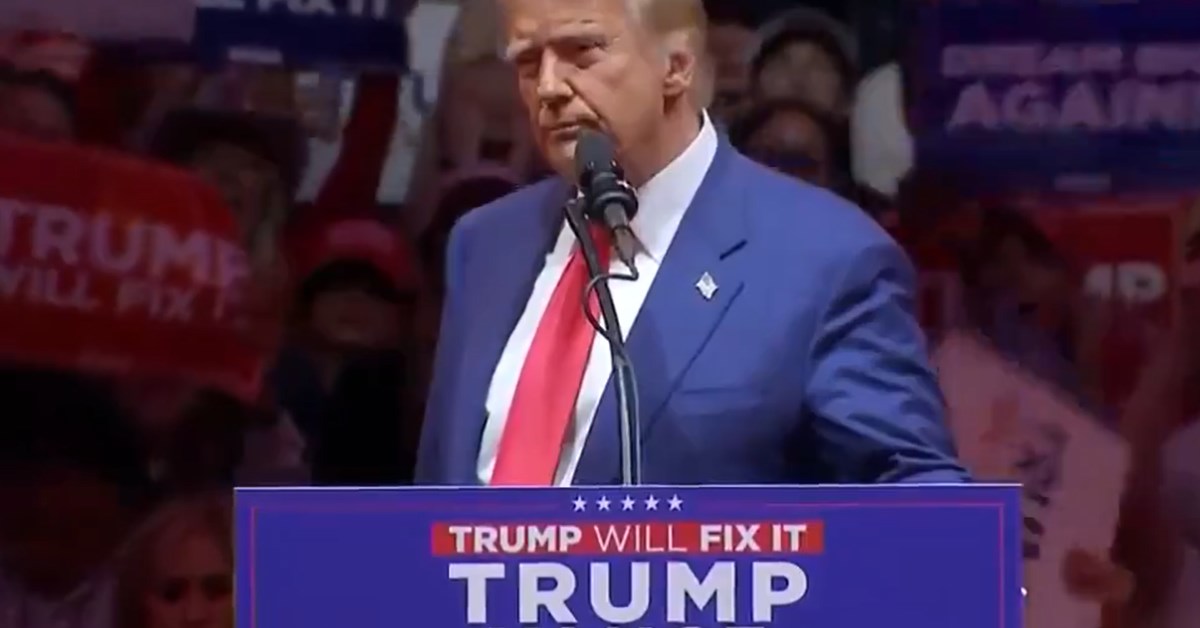Donald Trump announced a proposal for the death penalty for migrants convicted of killing U.S. citizens or law enforcement officers, sparking national discussion on the role of capital punishment in immigration law and crime prevention.
NEW YORK, NY (2-minute read) — During a recent appearance at Madison Square Garden, former President Donald Trump declared that he is advocating for the death penalty for any migrant found guilty of killing an American citizen or law enforcement officer.
Read More:
This bold announcement has stirred conversations about justice, immigration, and the use of capital punishment as a deterrent in violent crime cases linked to migrant populations.
Trump’s stance on this issue is consistent with his strong views on law and order, which he often highlighted during his presidency and campaign rallies. He expressed a firm belief that such a policy would enhance public safety and provide justice for American families who have lost loved ones to violence.
President Trump Just Announced at Madison Square Garden:
— AJ Huber (@Huberton) October 27, 2024
I am hereby calling for the death penalty for any migrant that kills an American citizen or a law enforcement officer. Hell yeah!🔥 Make America Great Again! #MSGRally #MAGA2024 #TrumpRally pic.twitter.com/23EYzx1gYN
Proponents argue that this kind of policy could serve as a powerful deterrent against violent crimes committed by migrants, while critics warn it could lead to human rights concerns and legal challenges. Legal experts suggest that implementing this approach would require significant changes to current laws and raise questions around due process and equal treatment under the law.
The debate surrounding this proposal touches on the broader issue of crime and immigration, with some contending that the death penalty is an extreme measure that does not address root causes of crime. Others argue that severe consequences for crimes, including murder, are necessary to reinforce public safety.
According to statistics, violent crime is a multifaceted issue, with factors like socioeconomic conditions, mental health, and organized crime often playing significant roles. Trump’s proposal has reignited debate on these issues, bringing them into the national spotlight.













![[VIDEO] WORLD’S FIRST: MythBusters Film Pistol Firing Bullet At 73,000 Frames Per Second, Ultimate Slow Motion!](https://imagedelivery.net/sbm_lYeJbALkepJgtmRD5w/concealednation.org/2015/08/slow-motion-bullet.jpg/w=728,h=381)
